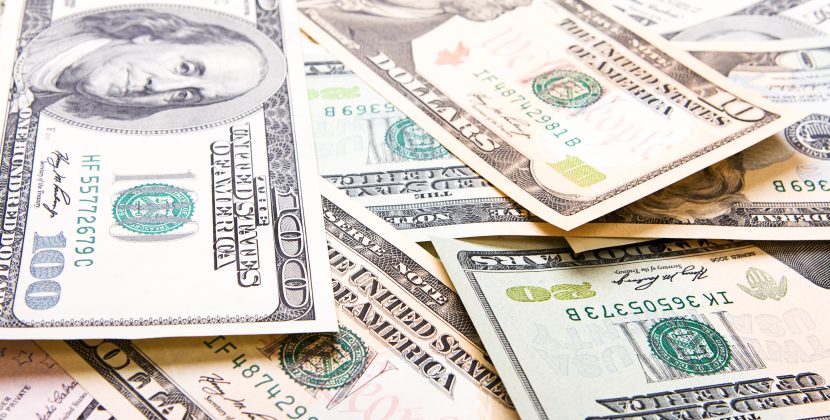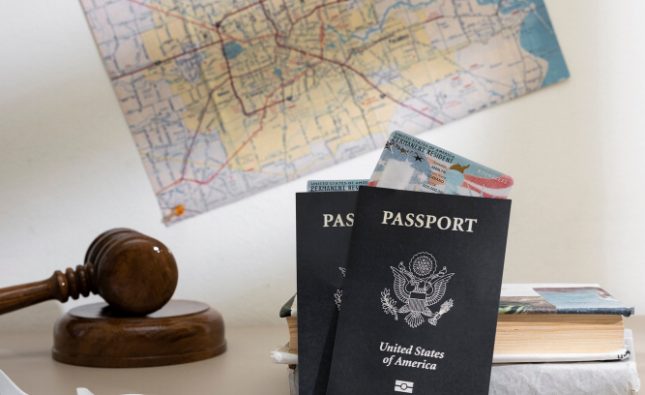
Introduction:
In a watershed moment for LGBTQ+ rights, the United States Supreme Court has delivered a monumental decision by upholding the ban on conversion therapy. This historic ruling stands as a testament to the ongoing struggle for equality and human rights within the LGBTQ+ community. As we delve into the implications of this decision, it becomes apparent that it extends beyond legal parameters, resonating as a powerful affirmation of the dignity and rights of individuals.
The Road to Justice: Understanding the Ban on Conversion Therapy
The practice of conversion therapy, aimed at changing an individual’s sexual orientation or gender identity, has long been criticized for its psychological and emotional toll. Often rooted in outdated and discriminatory beliefs, it has been widely discredited by major medical and psychological associations.
Legal Battles: The Journey to the Supreme Court
The ban on conversion therapy has been a battleground in various states, with legal challenges arising against and in support of its prohibition. Several cases have paved the way to the Supreme Court, each presenting arguments for and against the ban, shaping the legal landscape that ultimately led to this groundbreaking decision.
The Supreme Court’s Verdict: Decoding the Decision
The Supreme Court’s decision is rooted in a careful legal analysis, considering both constitutional principles and precedents. Justices evaluated the right to individual autonomy and the potential harm caused by conversion therapy, aligning their decision with a broader understanding of civil rights and equality under the law.
Impact on LGBTQ+ Rights: Beyond Conversion Therapy
Beyond its direct impact on conversion therapy, the ruling holds significance for broader LGBTQ+ rights. It sets a crucial precedent, affirming the government’s role in protecting individuals from harmful practices based on their sexual orientation or gender identity. This decision is poised to influence future cases and advocacy efforts, becoming a cornerstone in the fight for LGBTQ+ equality.
Voices of Victory: Reactions and Celebrations
The victory is not just a legal one; it is a testament to the unwavering dedication of LGBTQ+ activists and organizations. Their tireless efforts have played a pivotal role in raising awareness about the harms of conversion therapy and advocating for its prohibition. This triumph marks a collective victory for those who have fought for the rights and well-being of the LGBTQ+ community.
Public Reception: Shifting Attitudes and Cultural Change
The public’s reception of the Supreme Court’s decision reflects evolving attitudes toward LGBTQ+ rights. Celebrations abound as people recognize the significance of this ruling in fostering a more inclusive and accepting society. It signifies a cultural shift, where the harmful practices of conversion therapy are increasingly rejected and condemned.

Challenges Ahead: Navigating the Aftermath
While the Supreme Court’s decision is a significant step forward, challenges lie in ensuring widespread compliance at the state and local levels. The enforcement of the ban on conversion therapy demands careful attention and coordination between legal authorities, mental health professionals, and LGBTQ+ advocacy groups.
Addressing Opposition: Navigating Controversy and Backlash
The ban on conversion therapy may face opposition from groups holding outdated beliefs. Addressing this opposition requires a strategic approach that involves education, open dialogue, and fostering understanding. It is crucial to counter misinformation and promote the idea that affirming the rights of LGBTQ+ individuals benefits society as a whole.
Looking Forward: The Future of LGBTQ+ Rights in Legal Landscapes
This landmark decision is not isolated but has broader implications for the future of LGBTQ+ rights. It sets a precedent that may influence legal battles in related areas, such as workplace discrimination and marriage equality. The Supreme Court’s affirmation of individual autonomy and protection against harmful practices contributes to a more comprehensive understanding of LGBTQ+ rights under the law.
key points table
| Section | Highlights |
|---|---|
| Introduction | |
| – Landmark Decision Announcement | Supreme Court upholds ban on conversion therapy, marking a historic moment for LGBTQ+ rights. |
| – Significance of the Ruling | Affirmation of individual dignity and a pivotal step toward dismantling harmful practices. |
| The Road to Justice | |
| – Conversion Therapy Unveiled | Exploration of the origins and detrimental effects of conversion therapy. |
| – Legal Battles and Prohibition | Examination of the legal challenges leading to the Supreme Court’s involvement and the ban on conversion therapy. |
Global Perspectives: A Step Towards International Change
The Supreme Court’s decision resonates beyond U.S. borders, contributing to the international conversation on LGBTQ+ rights. It serves as a beacon of progress, showcasing a commitment to dismantling discriminatory practices and fostering a global environment where individuals are free to express their identities without fear of harmful interventions.
Conclusion:
As we conclude our exploration of the Supreme Court’s decision to uphold the ban on conversion therapy, we recognize it as a pivotal moment in the ongoing fight for LGBTQ+ rights. This ruling, affirming the rights of individuals to live authentically without fear of harmful interventions, reflects a broader societal shift towards inclusivity and acceptance. The journey towards equality is far from over, but with each landmark decision.










